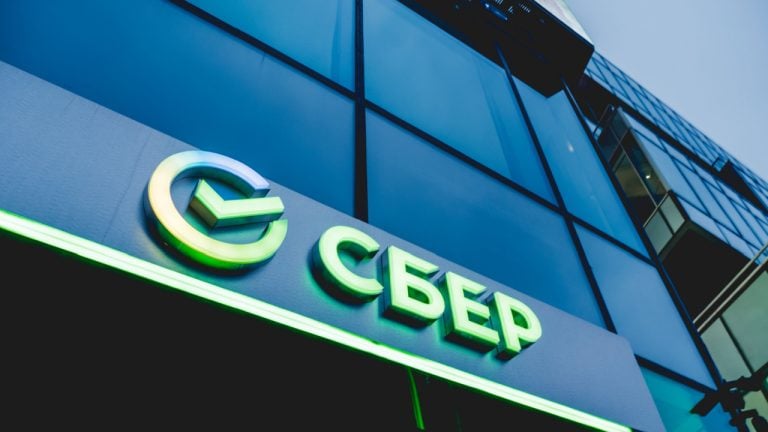
The service will initially be rolled out to select PayPal users within the United States
Digital payments platform PayPal has teamed up with Metamask’s parent company, ConsenSys, to allow Metamask users to purchase and transfer Ethereum (ETH) via PayPal's platform.
According to the announcement on Dec. 14, the service will initially be rolled out to only select PayPal users within the United States, since the US is one of Metamask’s largest markets, user-wise.
Our US users will now be able to fund their wallet with ETH via @PayPal!
— MetaMask (@MetaMask) December 14, 2022
Rolling out in the next weeks in the US, excl. Hawaii, through our mobile app (make sure to update to v5.13.0)https://t.co/392JwFYF3m
The collaboration between Metamask and PayPal is set to allow users to seamlessly purchase and transfer Ethereum (ETH) from PayPal to Metamask, by simply logging onto their Mobile MetaMask App, which would then redirect them to their PayPal accounts to complete transactions.
Lorenzo Santos, The Product Manager for MetaMask, shared:
“This integration with PayPal will allow our U.S. users to not just buy crypto seamlessly through MetaMask, but also to easily explore the Web3 ecosystem.”
Related: PayPal has become an episode of Black Mirror: Elon Musk
Paypal is among a growing number of traditional payments companies integrating crypto into their services, and allowing users to interact with the crypto ecosystem with ease.
In November, the global digital peer-to-peer payments company, MoneyGram, announced that US users, including users in the District of Columbia, could buy, sell, and hold cryptocurrency, specifically Bitcoin (BTC), Ether (ETH), and Litecoin (LTC), via its MoneyGram mobile app.
In October, Western Union also filed three trademarks for managing digital wallets and exchanging digital assets, as well as commodities derivatives, which indicates the payments company plans to expand its services into the Web3 sphere.
The mobile payment processing app, Cash App, has also added support for transactions via the Bitcoin Lightning Network, to allow Cash App users to send and receive Bitcoin on the faster, more efficient layer-2 protocol.









